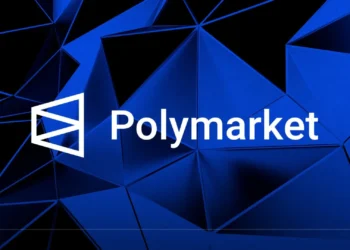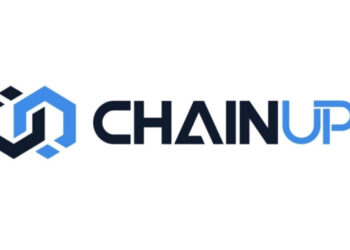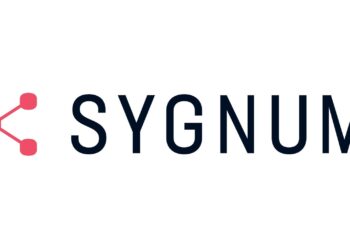Solana’s validator community has opened voting on a sweeping governance proposal, dubbed SIMD-0326 (Alpenglow), that could mark one of the network’s most significant consensus overhauls.
If passed, the upgrade would replace Solana’s existing TowerBFT mechanism with a faster, simpler, and more resilient system capable of cutting block finality times from 12.8 seconds to as little as 100–150 milliseconds—a leap that would bring Solana’s performance closer to Web2 standards.
????BREAKING: @Anza_xyz has started the Solana community governance process for SIMD 326, Alpenglow, the most significant consensus upgrade proposal in the network’s history. Alpenglow is a new consensus algorithm designed to achieve 150ms block finality.
The timeline includes a… pic.twitter.com/rgJ8anu1b0
— SolanaFloor (@SolanaFloor) August 14, 2025
The Alpenglow design was developed by Anza, a Solana-focused research group, and introduces several technical shifts aimed at reducing costs and streamlining validator operations. At its core is Votor, a lightweight voting protocol where validators exchange votes off-chain and provide cryptographic proof of consensus. This replaces TowerBFT’s gossip-heavy traffic and allows blocks to be finalized in one or two rounds, depending on validator support: 80% approval for single-round finality or 60% in a second round.
To offset inflation while lowering bandwidth expenses, the proposal introduces a Validator Admission Ticket (VAT) of 1.6 SOL per epoch, which will be burned instead of spent as vote transaction fees. Supporters argue this could cut validator expenses by around 20%, though critics caution it could increase barriers for smaller operators. Some have suggested a tiered VAT model ranging from 0.5 to 5 SOL based on stake size.
Beyond faster consensus, Alpenglow incorporates a “20+20” resilience model, enabling the network to withstand 20% adversarial activity and another 20% validator downtime without halting. The proposal also lays the groundwork for future upgrades, including replacing Solana’s Turbine data propagation system with a more efficient alternative, Rotor, pending separate governance approval.
Voting on SIMD-0326 runs from epochs 833 to 842 and requires at least two-thirds Yes votes over No votes, with a 33% quorum including abstentions. The outcome will determine whether Solana pursues one of its boldest steps yet toward faster, Web2-like performance.
If you want to read more news articles like this, visit DeFi Planet and follow us on Twitter, LinkedIn, Facebook, Instagram, and CoinMarketCap Community.
“Take control of your crypto portfolio with MARKETS PRO, DeFi Planet’s suite of analytics tools.”





















